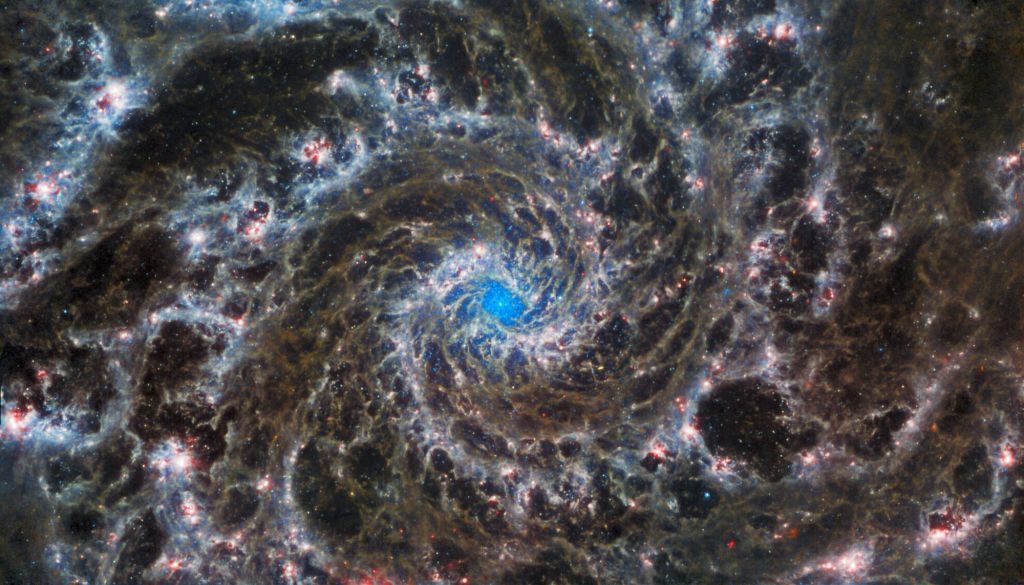Astrophysicist Natalie Gosnell accuses field of being riddled with ‘white supremacy’
It’s a different kind of space race.
A Colorado astrophysicist who says the field is paralyzed by “systemic racism and white supremacy” is speaking out about combating these issues in the classroom and beyond.
“As an astrophysicist, I’m a product of institutions that are steeped in systemic racism and white supremacy,” Natalie Gosnell, PhD, an assistant professor of physics at Colorado College, said in an interview published in the school’s newspaper this month.
Gosnell, who holds a doctorate in astronomy from the University of Wisconsin, Madison, and is a recipient of the prestigious Cottrell Scholar Award, argued that “tenets of white supremacy” like “individualism and exceptionalism and perfectionism” shape everything from the direction of physics research to the language used by scientists.

These concerns are highlighted in “The Gift,” a new immersive experience created by Gosnell, Janani Balasubramanian and Andrew Kircher that debuted at the New York Public Library on Dec. 6.
Using visual, audio and reading materials, “The Gift” tells the story of two orbiting stars. As the first star dies, it starts to swell, thereby transferring its mass to the second star. The death of the swollen star enables the second to burn brighter and bluer.
In her interview with Colorado College News, Gosnell takes issue with the “very violent and hyper-masculine” vocabulary — like “vampire star” or “cannibal star” — used to describe the mass-transfer process, and recalled parroting that language during a Discovery Channel appearance early in her academic career.

“It felt like I was masquerading, essentially, as what an astrophysicist was supposed to be like,” she said.
“We can make different choices about the metaphors that we use, in the stories that we tell, which is where … the inspiration and goal behind ‘The Gift’ comes from.”
The professor said she also strives to make physics learning more equitable by integrating creativity in the classroom. Based on research evaluations of her own teaching methods, she has found that all students — not just the white males who generally dominate the field — have a stronger sense of “physics identity” by the end of the semester.
Gosnell did not immediately respond to The Post’s request for comment.
Read the full article Here


